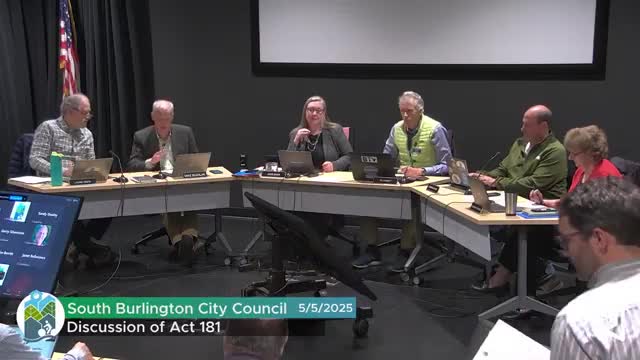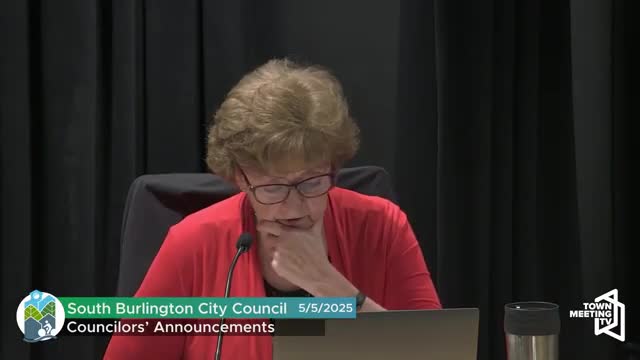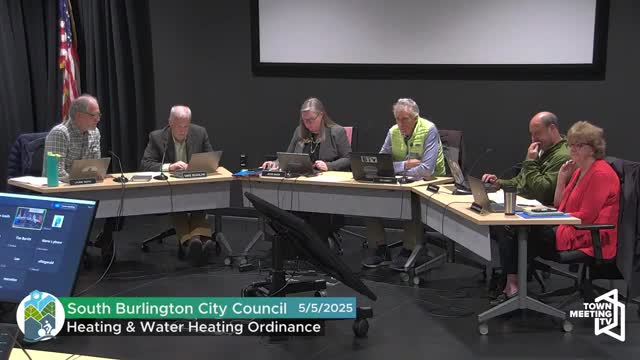Article not found
This article is no longer available. But don't worry—we've gathered other articles that discuss the same topic.

Council asks regional planners to seek Act 250 Tier 1B status for South Burlington growth areas

BTV officials outline terminal expansion, noise‑mitigation and sustainability steps as passenger traffic climbs

